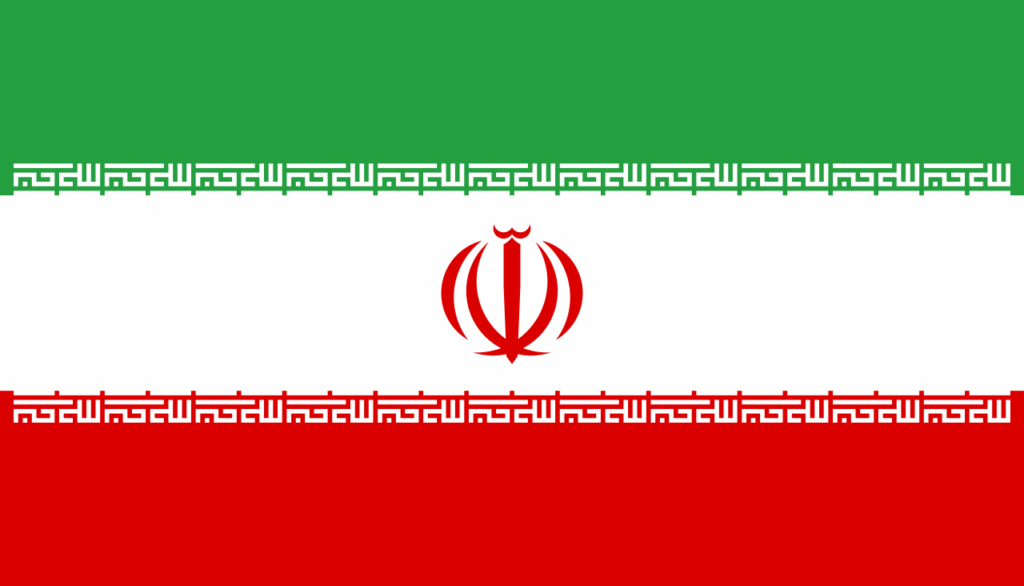
(Rightallegiance.com) – President Donald Trump confirmed on May 16, 2025, that the United States has presented Iran with a new nuclear deal proposal. Speaking aboard Air Force One as he concluded his Middle East tour, Trump emphasized the urgency for Iran to respond promptly, stating, “They know they have to move quickly or something bad is going to happen.”
The proposal, delivered by U.S. Special Envoy Steve Witkoff, aims to curb Iran’s nuclear ambitions in exchange for the gradual lifting of economic sanctions. Key elements reportedly include:
Uranium Enrichment Limits: Iran would agree to halt uranium enrichment for up to three years, with potential resumption at a 3.75% purity level, consistent with the 2015 Joint Comprehensive Plan of Action (JCPOA).
International Inspections: Iran would permit international inspections of its nuclear facilities to ensure compliance.
Sanctions Relief: In exchange, the U.S. would lift certain economic sanctions, facilitating Iran’s access to frozen financial assets and authorization to export oil.
Despite these reported terms, Iranian Foreign Minister Abbas Araghchi denied receiving any formal written proposal, describing the U.S. statements as contradictory and inconsistent.
Domestic U.S. Response: Republican lawmakers have expressed skepticism, urging the administration to ensure stringent enforcement mechanisms are in place. Democrats have generally supported diplomatic efforts but call for clear timelines and accountability.
International Perspective: European allies have welcomed the renewed negotiations but remain cautious, emphasizing the need for a comprehensive and verifiable agreement.
The current negotiations follow a series of talks initiated in April 2025, mediated by Oman, aimed at addressing Iran’s nuclear program. These discussions have been characterized as constructive, with both sides expressing a desire to avoid military conflict.
Market Impact: Global oil prices experienced a significant drop following the announcement, with Brent crude and West Texas Intermediate both falling more than 3%, as markets anticipated a potential easing of sanctions on Iranian oil exports.
As the U.S. and Iran navigate these complex negotiations, the international community watches closely. The outcome of these talks could significantly impact regional stability and global security dynamics. While the Trump administration has emphasized the preference for a diplomatic resolution, it has also made clear that all options remain on the table.